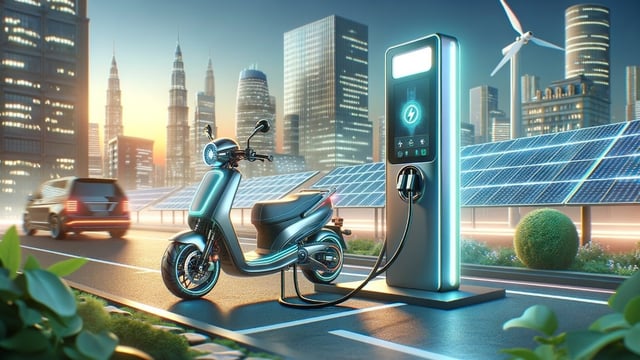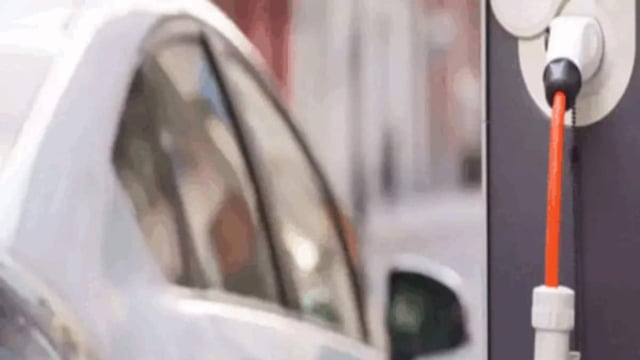Overview
- Deployment prioritises million-plus cities, state capitals, smart cities, metro satellites, and high-density national and state highways including major transport hubs.
- Subsidy tiers include 100% support for both upstream infrastructure and EVSE on publicly accessible government premises, 80% upstream and 70% EVSE at government-controlled hubs, and 80% upstream at other public locations.
- Benchmark costs guide payouts, such as ₹6.04 lakh to ₹24 lakh for upstream infrastructure from ≤50 kW to >150 kW, and CCS-II EVSE at ₹7.25 lakh for 50 kW and ₹11.68 lakh for 100 kW.
- BHEL is named Project Implementation Agency and IFCI serves as Project Management Agency, while central and state entities must appoint nodal bodies to aggregate demand and file proposals via an online portal.
- Integration with the National Unified EV Charging Hub is mandatory for discovery, booking and payments, and subsidies are released in two tranches with a 70% procurement-stage payment followed by 30% after commissioning and integration.

